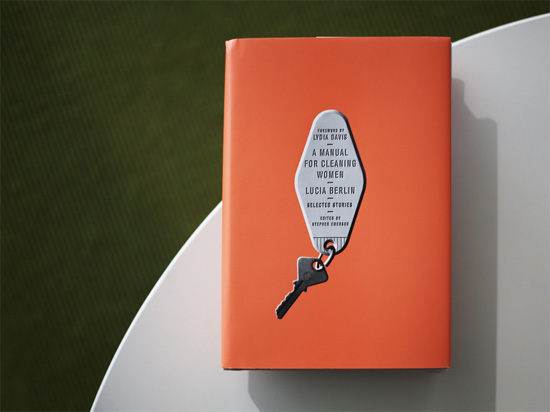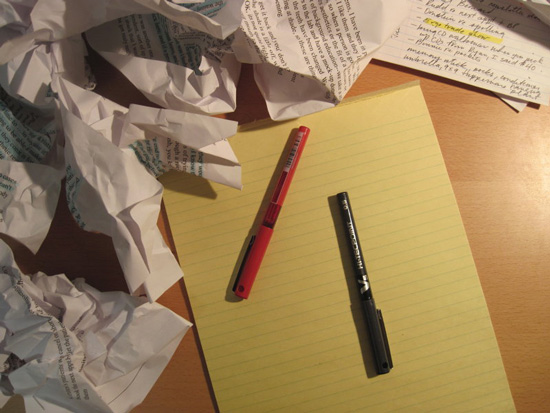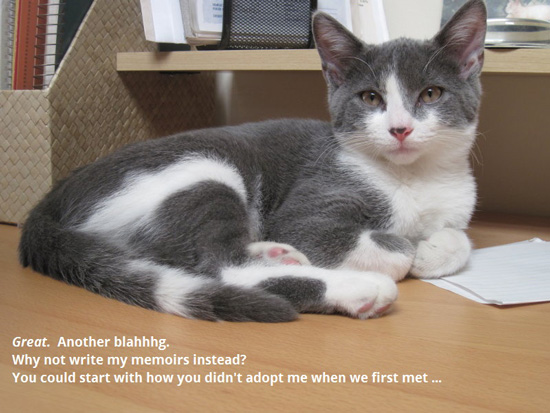The Small Beautiful Thing Instead of the Enormous Terrible Thing

Lucia Berlin: A Manual For Cleaning Women
My third post has been a bitch. Every time I set out to write about my chosen topic, a giant bogeyman with an absurd comb over invades my brain and hijacks the post. I’m now on my fourth or fifth attempt and I am determined! Still, the inner conflict of what to write about persists: an incredibly powerful and original book of stories by a brilliant and fearless woman–largely overlooked in her own lifetime–or, the most disgusting and dangerous election outcome in U.S. history?
The conflict itself is so interesting, it wants to become the subject. I must resist that too.
Since opening A Manual for Cleaning Women over a month ago, I had wanted to post on it. But then came the Great Catastrophe on November 8, and since then I have dwelt obsessively on the Truly Repugnant, Unthinkable Man President. I always tell students to write about what obsesses them, and I–like so many now in these dark times–am almost pathologically obsessed.
And how can one write about a mere book, in the face of the enormity of what has just transpired?
But no, I will write about Berlin (Trump is actually of German descent, but lied and said his ancestors were Swedish! How clever of him) the small beautiful thing, instead of the enormous terrible thing.
* * *
During my MFA at Bennington, I remember a teacher once saying a story should hit you in the solar plexus. (Don’t even ask what or where the solar plexus is, just trust that it’s crucial and highly sensitive.)
Berlin’s stories hit me in the solar plexus: they’re heavy and intense and unforgettable and after reading one you just want to put the book down for awhile and let the vapours linger. You don’t want anything–not another story or even a human voice–disturbing the immediate aftermath until you’ve absorbed and relished its full impact.
You may also need a drink before you pick up the book again. The best stories in this collection–and there are many–all leave you feeling like you’ve been through something major, and you survived.
That last line sounds a lot like Berlin’s life. She was born in 1936, lived an itinerant life in Alaska, Chile, Mexico, the American Southwest, NYC and Los Angeles. She came from an abusive home, had a lifelong struggle with scoliosis (a painful spinal condition) and alcoholism, three failed marriages (two to jazz musicians with addictions) and four sons whom she raised as a single mother– supporting them through a series of lowly jobs as a switchboard operator, ER attendant, and cleaning woman. And throughout it all she wrote: from the 70s through the 90s, she published seventy-six short stories in small presses, which went largely unnoticed. By the 1990s she was sober and writing steadily, and became an associate professor at the University of Colorado. The scoliosis ultimately caused her health to fail, and she died in 2004 in California.
An extremely hard life, to say the least, but writer’s gold, and Berlin mined every ounce of it. Publication this time around–in 2015, eleven years after her death–set off a loud buzz in all the right places, eventually landing A Manual for Cleaning Women on the New York Times best-seller list. Comparisons have been made to Chekhov (her hero), Raymond Carver, and Denis Johnson, among others. Chekhov is a lofty comparison; he is widely considered to be the greatest short story writer of all time. She will never equal Chekhov in output (he wrote close to 300 stories, many of them as long as novellas) but reading her stories, I sometimes sense his presence in the room. They’re that good.
The 43 stories collected in A Manual for Cleaning Women represent her best writing from the 80s and 90s and are very short, mainly 1rst person vignettes taken directly from her life. They’re set in laundromats, detox wards, emergency rooms, Mexican abortion clinics and cheap hotels; and are populated by drunks, beautiful losers, radical nuns, crazed dentists, and bohemians, along with everyday people caught up in the snares of the human condition.
There is so much worthy of comment in these stories, but I think what astonished and impressed me most was the complete lack of self pity, or bitterness in her writing. Regardless of how grim, difficult or hopeless the circumstance, it is all told as a great adventure, with an easy candour and a wonderful gallows humour. I have no idea how she achieved this perspective, and I can’t recall ever reading such harrowing autobiographical stories so free of any traces of victimization, blame or remorse.
Properly, I would need at least another 1,000 words to do these stories justice, but I want to keep it brief. So I will let others sum it up for me. Here’s Stephen Emerson in the book’s Introduction:
“Lucia’s writing has got snap. When I think of it, I sometimes imagine a master drummer in motion behind a large trap set, striking ambidextrously at an array of snares, tom-toms, and ride cymbals while working the pedals with both feet.
It isn’t that the work is percussive, it’s just that there’s so much going on.
The prose claws its way off the page. It has vitality. It reveals.”
And Lydia Davis–a favourite writer of mine who corresponded with Berlin for 30 years but never actually met her–in the book’s Forward:
“Lucia Berlin’s stories are electric, they buzz and crackle as the live wires touch. And in response, the reader’s mind, too, beguiled, enraptured, comes alive, all synapses firing. This is the way we like to be, when we’re reading–using our brain, feeling our hearts beat.”



